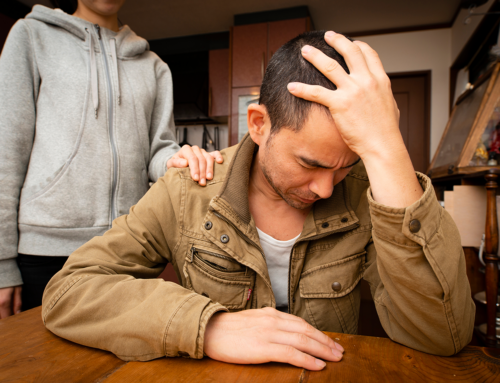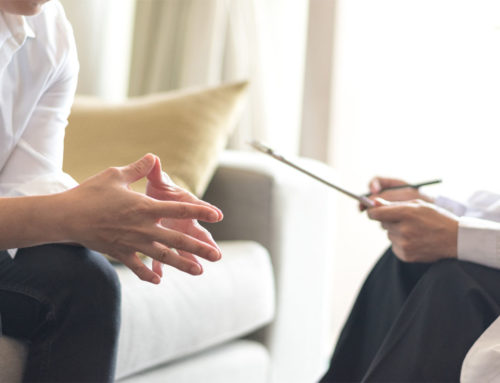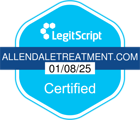Anxiety attacks involve an episode of excessive worrying that include physical symptoms like muscle tension and increased heart rate. The experiences are usually physically and mentally draining and require time to recover after they occur.
Triggers can be people, places, things, or activities that make us feel nervous. We experience little triggers all throughout life, but some can result in severe anxiety attacks because the brain is associating the trigger with danger. You may already know some of these triggers, but this post is going to go over some common anxiety attack triggers that you may not know are worsening your anxiety.
Common Triggers of Anxiety Attacks
Caffeine: Many people have experienced heightened levels of anxiety after drinking caffeinated drinks. Since caffeine is a stimulant, it can mimic symptoms of anxiety and leave you feeling nervous.
Negative thinking: People that expect the worse to happen or use negative self-talk on themselves can inadvertently trigger their anxiety. This can negatively impact their mood and how they use coping mechanisms against triggers. Cognitive behavioral therapy is a good approach to negative thinking and there is significant evidence that backs it up.
Stress: In today’s world, it’s no secret that stress leads to anxiety. Stress can come from virtually anything in our day-to-day lives, and even though it’s normal to deal with some of form daily anxiety, it shouldn’t control your life. If stress has overtaken your life, try finding ways to calm your mind and relax. Find things you like that are healthy and practice some self-care to make sure you’re giving yourself enough you-time.
Health issues: Being diagnosed with an illness or receiving a report you didn’t want to hear can be a very stressful thing to be told. If someone has an anxiety disorder, health issues can make them feel even more anxious than before. If you’re worried about your health, let your doctor know so they can teach you more about your health and answer questions that you may have.
Social interactions: Many people are scared to talk in front of people or meet someone new. Some worry about going to an event. Around 12% of adults will experience a social anxiety disorder at some point, and this can lead to extreme anxiety in daily interactions. For those people, they may need counseling and treatment, but for others, their anxiety may begin to subside once they begin their social interaction.
Substances/medications: Some substances and medications can worsen or trigger anxiety. Prescription and illegal stimulants are some of the most well-known drugs that can make you feel anxious. If you’re taking a prescription or over-the-counter drug that you think is making you anxious, talk with your doctor and see if there are alternatives.
These are only a few anxiety triggers. Everybody is different, and if you know what some of your anxiety triggers are, make sure you develop healthy coping mechanisms to get you through them.





